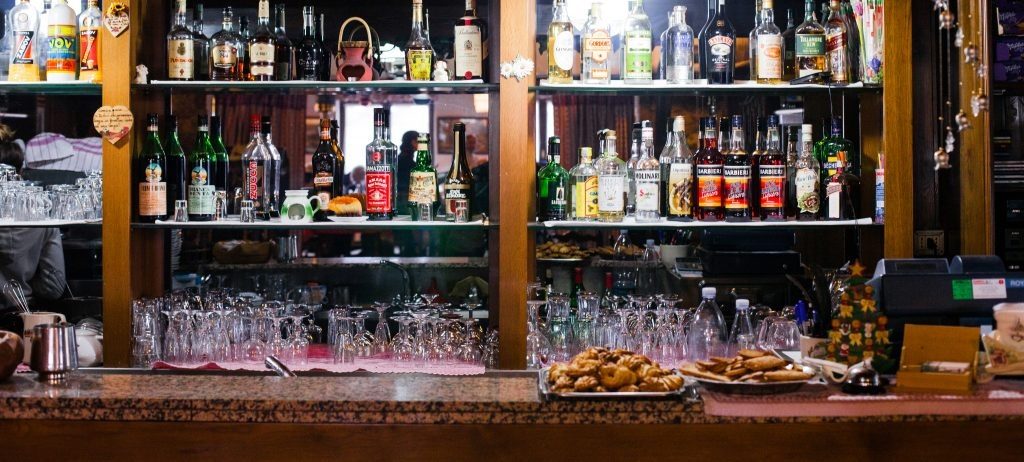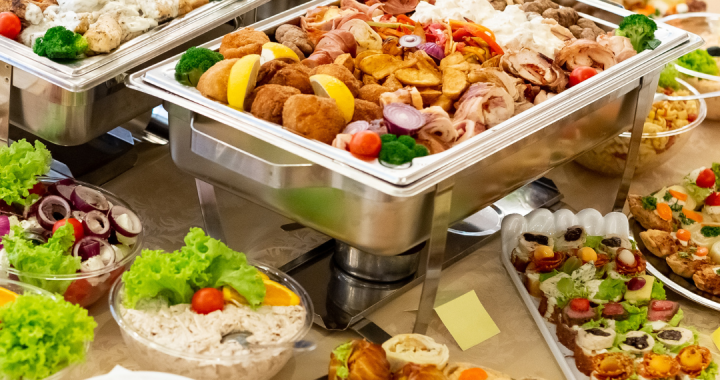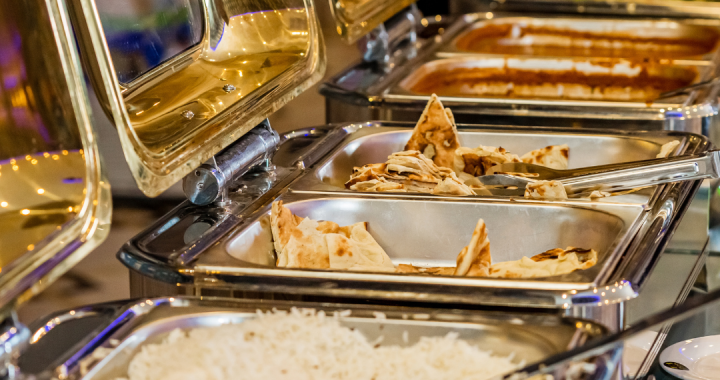
3 Things You Should Know About Getting a Liquor License
Are you interested in opening a bar, restaurant or other venue that serves alcohol? Then, you will need a liquor license from your state’s liquor agency. For example, a liquor license in Texas is obtained from the Texas Alcoholic Beverage Commission.
Licensing Documents
Each state has different document submission requirements. However, most states will require your employer ID (EIN) from the IRS, state and local business licensing, sales and alcohol tax permits and zoning permits, including those for your building and signage.
If you will be serving food, you may be required to submit a food handler’s permit. A permit from your state health commission may also be required. Finally, if you plan to play copyrighted music or other entertainment, licensing from copyright companies may be required as well.
During your application process, your state may also require the title, photos and floor plan for your building. Your menu may also be requested. Legal documents, including your incorporation or partnership documents, may also be required. You may also be asked about your business experience.
What is Regulated
You may be surprised to learn the extent of liquor license regulations. Not only do these laws regulate who you can sell alcohol to, but they also regulate when you can sell it, what types you can sell, how much it costs and where it can be served, including whether it can be sold and taken out of the establishment.
Your license may also stipulate what type of container you must serve the alcohol in and whether or not you are allowed to offer discounts, such as happy hour specials. Some permits even limit the number of drinks that can be sold to each customer.
Distributors or wholesalers are not allowed to sell to unlicensed businesses, and insurance companies do not cover alcohol-related claims from unlicensed businesses.
License Classes
License classes are based on the type of alcohol served or the type of business. For example, you will need a different license to sell beer, wine or mixed drinks. In addition, hotels, restaurants, pubs or taverns and retail establishments require different types of licenses. Even art galleries and theaters have limited licensing requirements.
Restaurants, wholesalers and other hospitality businesses that allow their customers to bring their own alcohol into their building may also be required to obtain licensing.
As you pursue your license, be prepared to provide extensive business and personal documentation and learn exactly what is regulated by your state and specific license. Proper preparation will ensure a smooth licensing process and protect you from future fees and violations.





